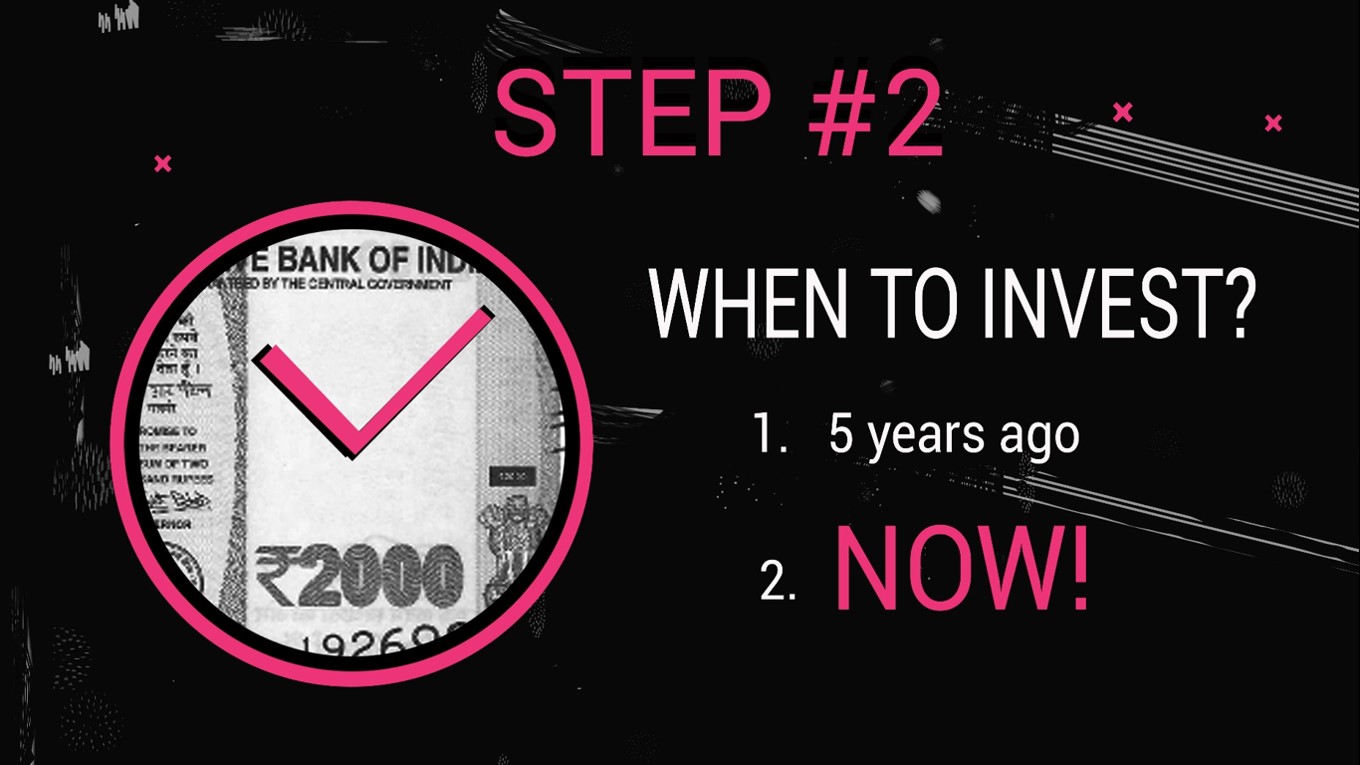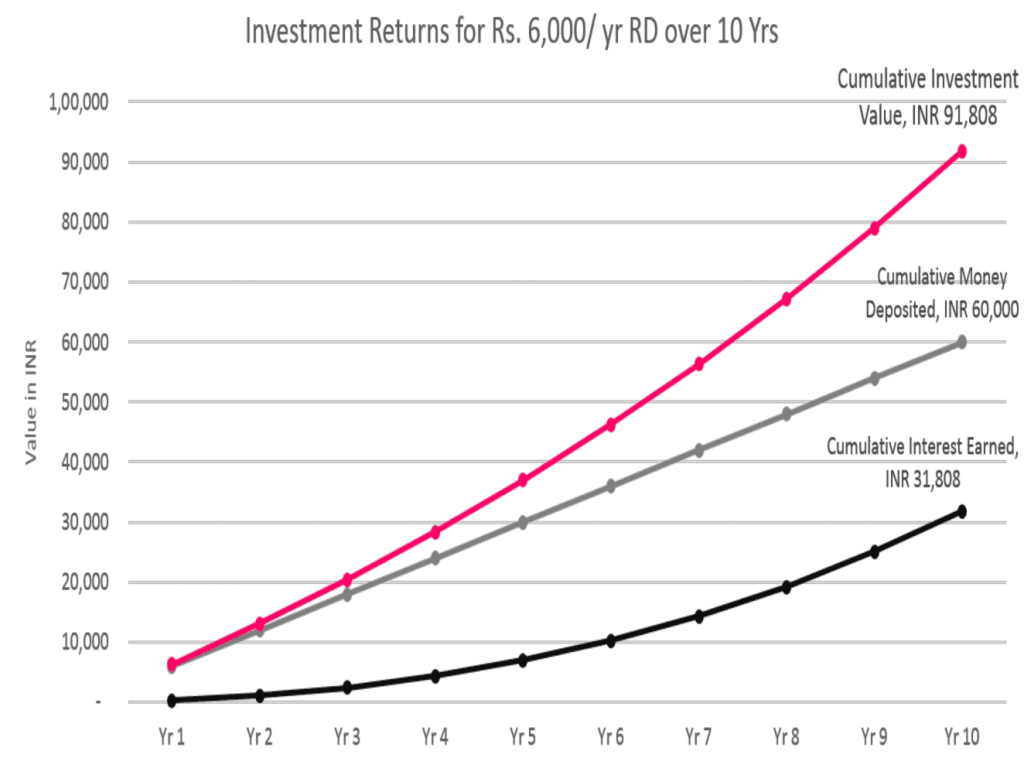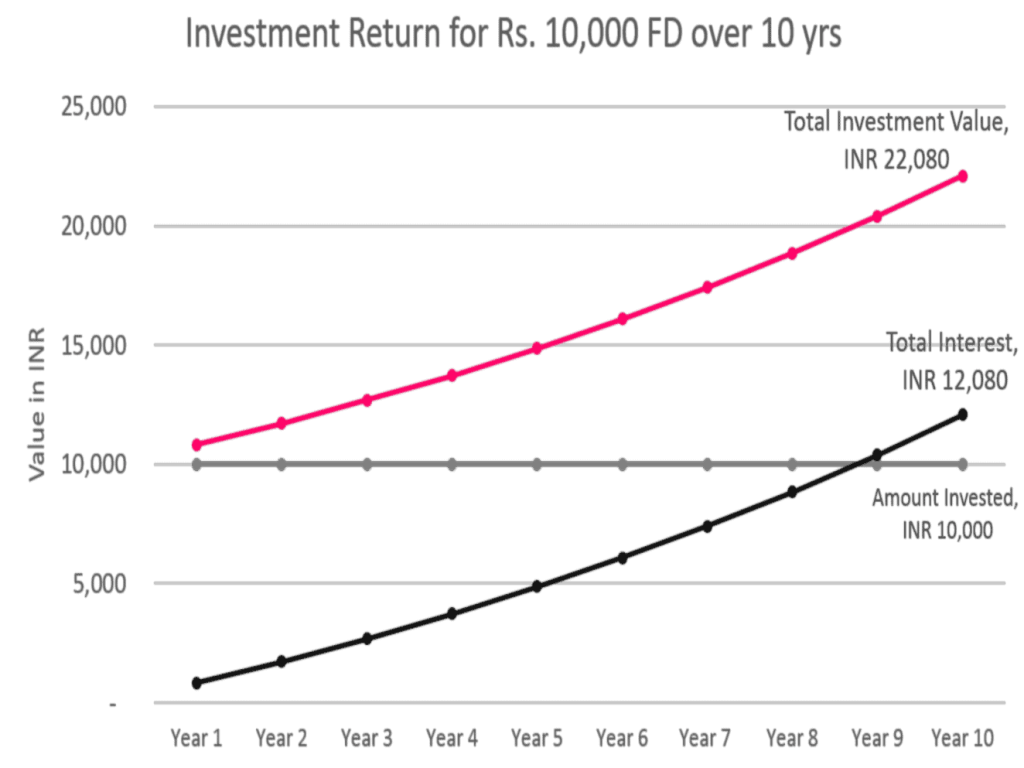New Investor? Request a Callback.
Fill in your details and we will guide you at every step
other blogs

Money Hacks May 21, 2025
How to Apply for Mahtari Vandana Yojana: Step-by-Step Process
The Mahtari Vandana Yojana launched by the Chhattisgarh government aims to promote the economic self-reliance of women in the state while ensuring continuous improvement in their health and nutrition levels. It seeks to strengthen their decisive role within the family, remove discrimination and inequality, and address the lack of awareness about women’s rights in society. … How to Apply for Mahtari Vandana Yojana: Step-by-Step Process

Money Hacks Saving February 26, 2025
10 Money Saving Tips for Housewives
Homemakers are the heart and soul of our households, don’t we all agree? From juggling countless responsibilities day in and day out to managing the household finances and ensuring the families are well-fed and cared for, their roles are nothing short of superhuman. But even superheroes need a little help sometimes, especially when it comes … 10 Money Saving Tips for Housewives

Money Hacks Money Matters November 7, 2024
7 Ways to Teach Teenagers about Money Management
Welcome to the ‘Finding Yourself’ phase where you are limitless and your dreams are beyond imagination. This is also the time where you learn skills that help you through life. Let’s talk about something that’s going to be super useful for your future: teenager money management. Later on in life, everyone wishes that someone had … 7 Ways to Teach Teenagers about Money Management











